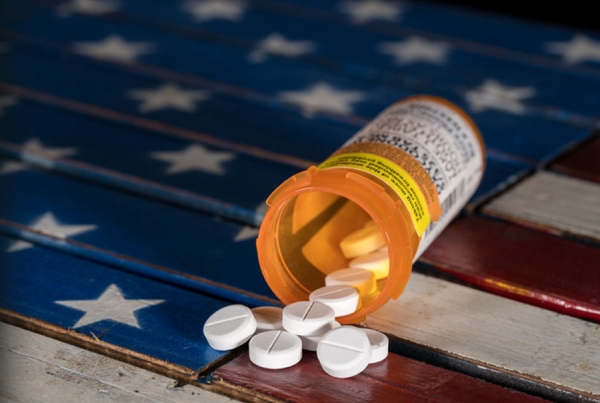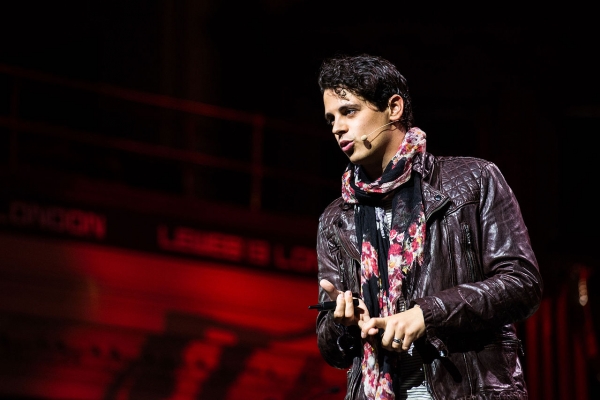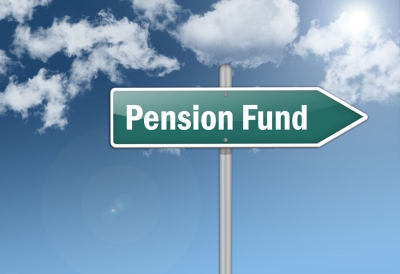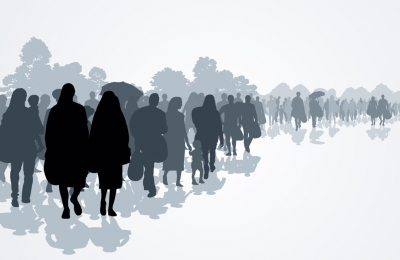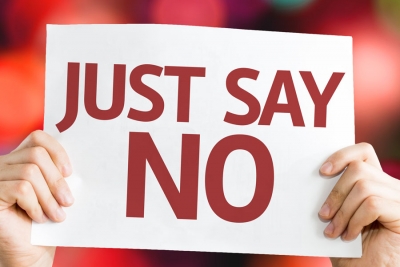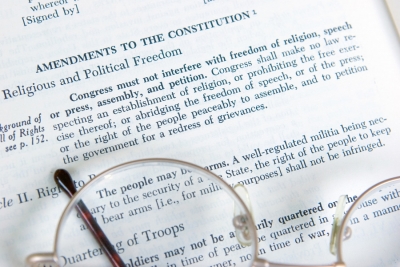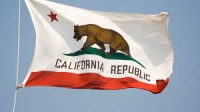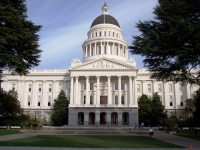Trump's Triumph's #4: Battling the Opiod Crisis
Ever get prescribed an opioid, prior to a root canal perhaps, pay five bucks co-pay, then not use it or maybe use just 1 of the 30 prescribed pills, only to have your teenager ask to sell the rest for big bucks on the street? That’s how a national crisis got started with pharmaceutical companies assuring doctors and patients that opioid painkillers were not addictive. Yet, patients did get addicted, and when prescriptions ran out, illicit drug dealers filled the void.
According to the CDC, every day, more than 115 people nationwide die after overdosing on opioids. The increase in deaths involving opioids is so large that it now affects average U.S. life expectancy. “We call it the ‘crisis next door’ because everyone knows someone,” Kelly Ann Conway declared during the president’s recent visit to New Hampshire, which has the second highest rate of opioid-involved overdose deaths in the nation. “It is no longer somebody else’s community, somebody else’s kid...The opioid crisis is viewed by us at the White House as a non-partisan problem searching for a bipartisan solution.” (CNN)
Opioids are a class of drugs that includes everything from the illegal heroin to legal prescription such as oxycodone, hydrocodone, codeine, morphine, and fentanyl, a powerful narcotic used to manage pain after surgery.
Research by the National Institute on Drug Abuse reveals:
■ Roughly 21 to 29 percent of patients prescribed opioids for chronic pain misuse them.
■ Between 8 and 12 percent develop an opioid use disorder.
■ An estimated 4 to 6 percent who misuse prescription opioids transition to heroin.
■ About 80 percent of people who use heroin first misused prescription opioids.
■ Opioid overdoses increased 30 percent from July 2016 through September 2017 in 52 areas in 45 states.
■ The Midwestern region saw opioid overdoses increase 70 percent from July 2016 through September 2017.In 2016, overdose deaths exceeded the number of Americans killed during the Vietnam War. Roughly two-thirds of overdose deaths now involve an opioid. Estimates of the total “economic burden” in the United States of prescription opioid misuse is $78.5 billion a year, including costs of healthcare, lost productivity, addiction treatment, and criminal justice involvement.
The entire Trump administration has mobilized to address this crisis. On October 26, 2017,
President Trump issued a Presidential Memorandum for the Heads of Executive Departments and Agencies to use all lawful means to combat the drug demand and
opioid crisis. A few of the federal agencies included are: the Office of National Drug Control Policy, the Food and Drug Administration, the Department of Veterans Affairs, National Institutes of Health, the The Centers for Medicare and Medicaid Services, and The
Department of Justice (DOJ). The DOJ programs standout as the most wide-reaching, including everything from doctor education to the creation of the Opioid Fraud and Abuse Detection Unit and the Joint Criminal Opioid Darknet Enforcement team.
The administration’s response (as outlined on WhiteHouse.gov)
is very long but can be broken down into four components:
■ “Address the driving forces of the opioid crisis, including over-prescription, illicit drug supplies, and insufficient access to evidence-based treatment.
■ Reduce demand and over-prescription in part by educating Americans about the dangers of opioid and other drug use.
■ Cut off the supply of illicit drugs by cracking down on international and domestic supply chains that devastate American communities.
■ Help those struggling with addiction through evidence-based treatment and recovery support services.”
Like other Trump administration strategies, the plan merges immediate action with mid- and long-term solutions; the private sector aids the public sector; and the human element
is addressed on every level, meaning criminals (producers, dealers, international traffickers) receive stiff punishment (possibly the death penalty for dealers) and the innocent receive short and long term help without judgment, including mental health treatment.
One example: At the NH event, Adapt Pharma, which makes Narcan-a nasal spray that can counter effects of an opioid overdose, announced that it has “provided, free-of-charge, four boxes to all colleges and universities in the United States. Two boxes free for every high school in the United States, as well as educational awareness.” That means school administrators who accepted the offer have immediate, effective options - even as paramedics are called - for a particularly vulnerable age group. That means parents can sleep at night. But it also means that, in giving Adapt Pharma what amounts to a bump in their stock, the president understands the role Big Pharma played in creating the crisis and must play to end it. It is common knowledge that addiction is more than just a policy issue to President Trump. “I had a brother, Fred...He had a problem with alcohol, and he would tell me, ‘Don’t drink. Don’t drink.’ . . . He would say it over and over and over again.” To this day, the President abstains from drinking. “I had somebody that guided me, and he had a very, very, very tough life because of alcohol.” Visiting New Hampshire, the President said: “This scourge of drug addiction in America will stop. It will stop. Failure is not an option. We will raise a drug-free generation of American children.”
by Anne Doherty for the Novato Republican Women, Federated

